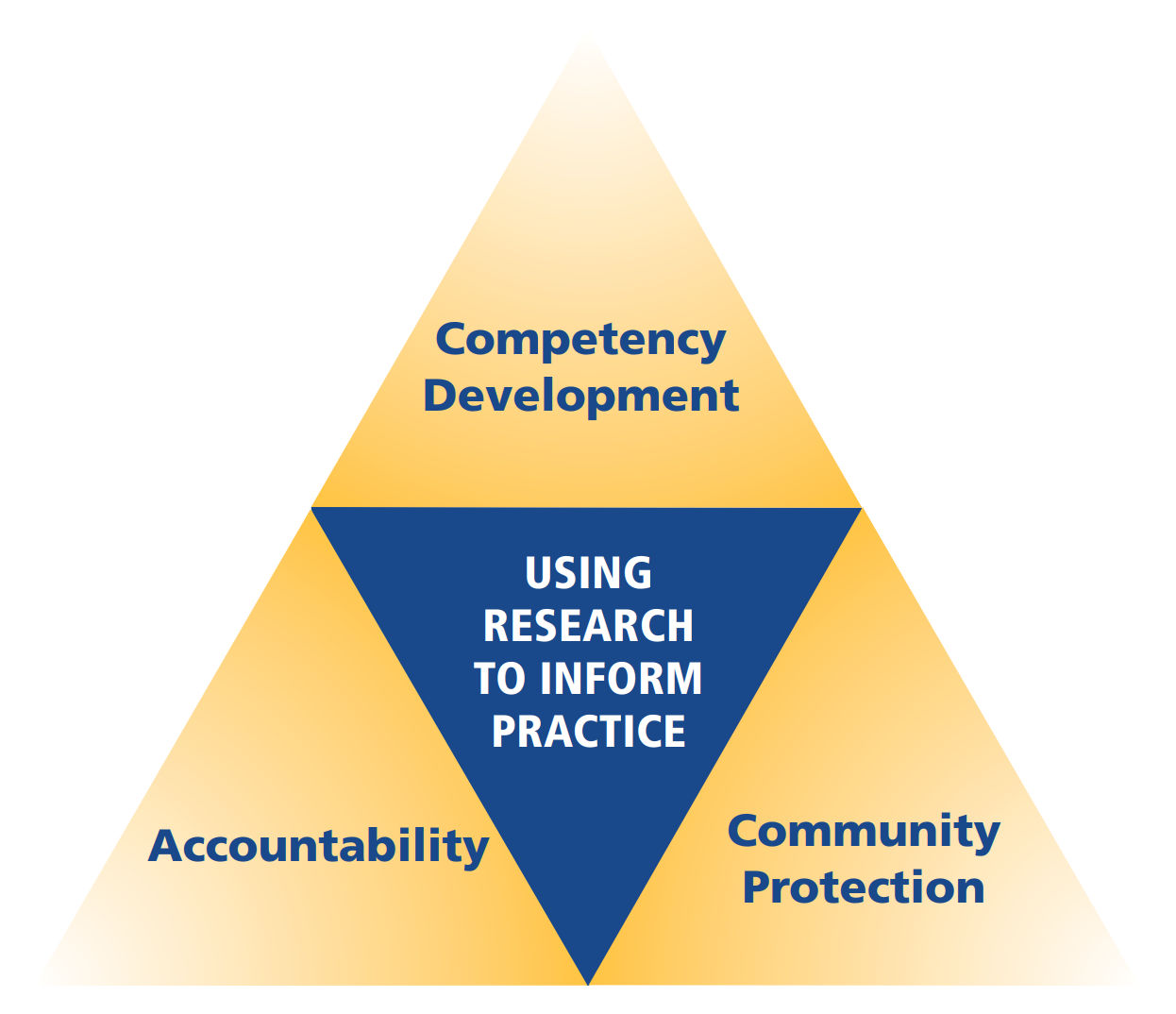Mission Statement
“Community protection” refers to the right of all Pennsylvania citizens to be and feel safe from crime.
“Victim restoration” emphasizes that, in Pennsylvania, a youth who commits a crime harms the victim of the crime and the community, and thereby incurs an obligation to repair that harm to the greatest extent possible.
“Youth redemption” embodies the belief that youthful offenders in Pennsylvania have strengths, are capable of change, can earn redemption, and can become responsible and productive members of their communities.
The juvenile justice system for youth is different from the criminal system for adults.
- The juvenile justice system deals with youth whose offenses occur between the ages of 10-18. Supervision of a youth can continue until age 21.
- Offenses are considered delinquent acts rather than crimes.
- Most hearings are not open to the public and are presided over by a Judge or Hearing Officer.
- The juvenile justice system is intended to focus on treatment, rehabilitation, and supervision.
- There is no jury trial in Juvenile Court.
- Youth are adjudicated delinquent, rather than found guilty.
- Language used in the juvenile justice system and the adult criminal justice system is different.




